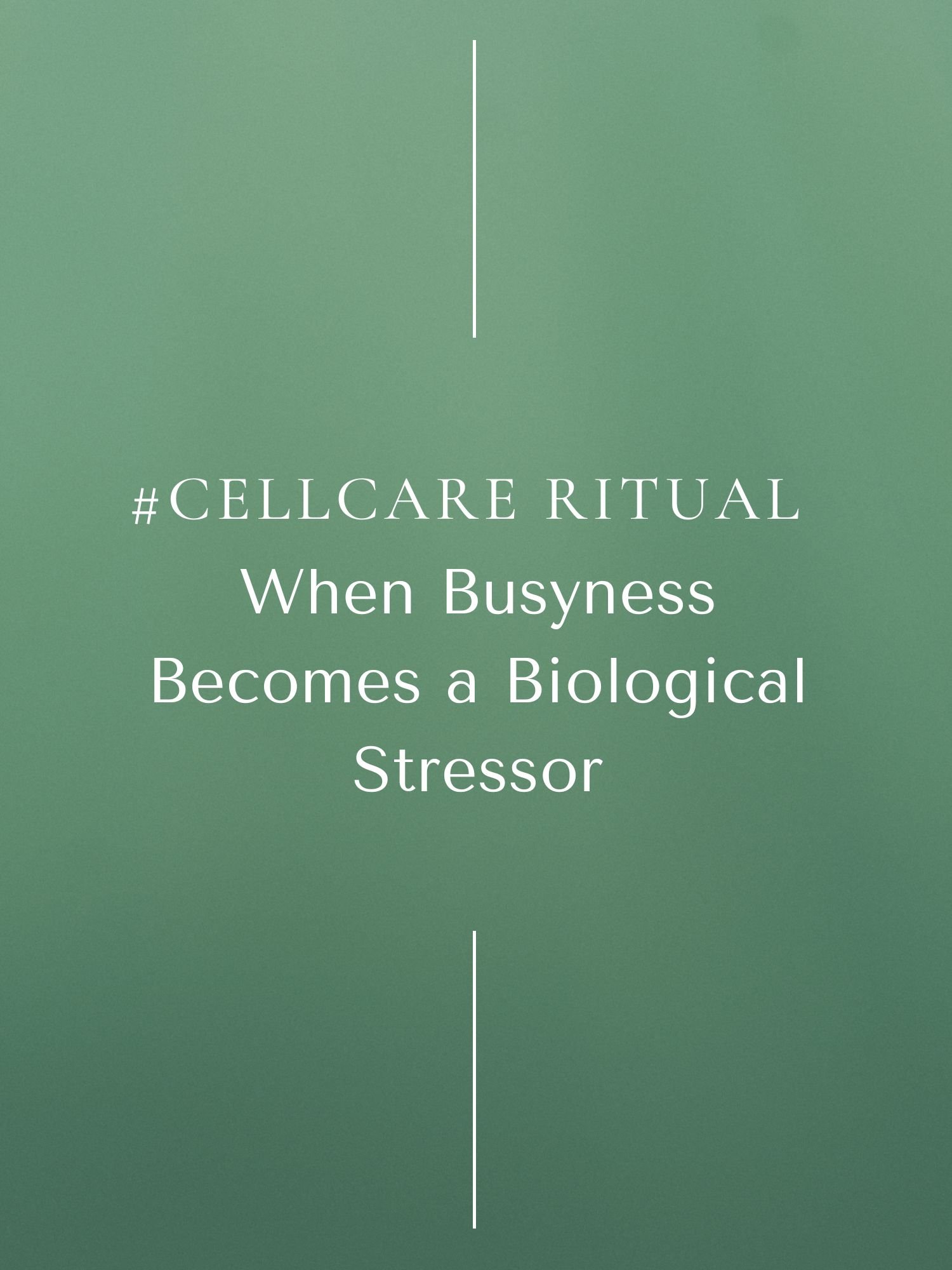Morning Magic and Biohacking | Dr. Monisha Bhanote on the Biohacking News Podcast
Dr. Monisha Bhanote was featured on the Biohacking News Podcast, where she explored the innovative practices of culinary medicine and biohacking. As a quintuple board-certified medical doctor and pathologist, Dr. Bhanote offers unique insights into how lifestyle choices, particularly nutrition, can influence long-term health and prevent chronic illness. Her expertise in integrative medicine and functional culinary medicine provides listeners with practical tips on improving wellbeing through mindful daily routines and biohacking techniques. This episode is a must-listen for anyone interested in optimizing their health through food, supplements, and holistic wellness practices.
You can listen to the full episode here or in your favorite podcast player.
In This Episode, We Cover:
1. Culinary Medicine and How to Use Food as Medicine
Dr. Bhanote explains how her experience as a pathologist led her to connect the dots between lifestyle choices, particularly food, and chronic diseases like cancer and inflammatory bowel disease. As a result, she adopted a more functional approach to medicine, blending traditional medical practices with culinary techniques to focus on prevention. This approach allows her to treat her patients holistically, targeting the root cause of disease rather than simply addressing symptoms. According to Dr. Bhanote, many chronic diseases are lifestyle-related, meaning they can often be mitigated or avoided altogether through dietary changes. She highlights how poor dietary habits contribute to inflammation, oxidative stress, and chronic illnesses like diabetes, heart disease, and cancer. By adopting a more functional approach to nutrition, people can take control of their health and prevent these conditions before they develop.
2. Biohacking and the Power of Morning Rituals
The conversation then shifts to biohacking, focusing specifically on morning routines and how they can set the tone for the rest of the day. Dr. Bhanote shares her personal morning ritual, which starts with a walk outdoors to align her circadian rhythm and receive sunlight for a boost of vitamin D. Her biohacking morning routine also includes a series of nutrient-packed beverages made with ingredients like sea buckthorn, beetroot, and dandelion, each chosen for its specific health benefits. Sea buckthorn supports immunity, beetroot helps with blood flow, and dandelion aids liver detoxification.
3. Tailoring Biohacking to Individual Needs
Dr. Bhanote emphasizes that biohacking is not a one-size-fits-all approach. Instead, she advises listeners to pay attention to their own bodies and tailor health practices based on how they feel. For example, some individuals may thrive on a specific type of diet or supplement, while others may not see the same benefits. By understanding their bodies and making adjustments accordingly, people can optimize their health in a way that suits their unique needs.
Throughout the episode, she underscores the importance of working with a knowledgeable practitioner who can guide biohacking efforts, particularly when it comes to supplements and daily rituals. This allows for a more personalized approach, ensuring that each individual’s health practices align with their specific goals.
4. Ayurvedic Practices
In addition to food and supplements, Dr. Bhanote incorporates Ayurvedic herbs into her wellness routine. Her use of Ayurvedic herbs like moringa, holy basil (Tulsi), and ashwagandha are further examples of her holistic approach to health. Moringa, in particular, is highlighted for its high vitamin C content, which helps fight oxidative stress. These practices support her overall goal of using natural remedies to build a foundation of wellness.
5. Foundational Health Practices
Though biohacking is an exciting field, Dr. Bhanote cautions listeners to focus on foundational wellness practices first, such as proper nutrition, sufficient sleep, and regular exercise. Without these core elements in place, additional health practices may not have the same impact. She believes that once these basics are mastered, adding more advanced wellness techniques, like biohacking, can yield significant health benefits.
Listen to the Full Episode
Dr. Monisha Bhanote offers a wealth of practical advice for integrating natural remedies, biohacking techniques, and dietary changes into daily life. By focusing on foundational wellness practices and tailoring health habits to individual needs, listeners can take charge of their health and well-being, one step at a time.
Listen to the full episode here or on your preferred podcast platform to learn more about this interesting topic. Dr. Bhanote shares more tips on how to optimize your health through culinary medicine and biohacking—don’t miss it!
ARTICLE CONTINUES BELOW
Connect with Dr. Bhanote
Instagram https://www.instagram.com/drbhanote/
Signup for our #CellCare Wellness Newsletter
Pinterest https://www.pinterest.com/drbhanote/
Facebook https://www.facebook.com/drbhanote
More Resources from Dr. Bhanote
Attend One of Our Longevity Retreats
Get Your Copy of Dr. Bhanote’s Book, The Anatomy of Wellbeing
Plant-Based Gluten-Free Recipes In Your Inbox #CellCare Plate Recipes
Take the Quiz | What’s Your Best Body Biohack?
Personalized Solutions
Become a Patient | Cell Revive (6-month Program) | Restore Your Cellular Health | Schedule Your New Patient Discovery Call
MAKE A DIFFERENCE BY SHARING THIS ARTICLE WITH OTHERS TO ENCOURAGE WELLBEING ⤵
The information on this website has not been evaluated by the Food & Drug Administration or any other medical body. We do not aim to diagnose, treat, cure or prevent any illness or disease. Information is shared for educational purposes only. You must consult your doctor before acting on any content on this website, especially if you are pregnant, nursing, taking medication, or have a medical condition. Our content may include products that have been independently chosen and recommended by Dr. Monisha Bhanote and our editors. We may earn a small commission if you purchase something mentioned in this article.
YOU MAY ALSO LIKE:
by Dr. Monisha Bhanote
✅ EVIDENCE-INFORMED REVIEWED ARTICLE

















